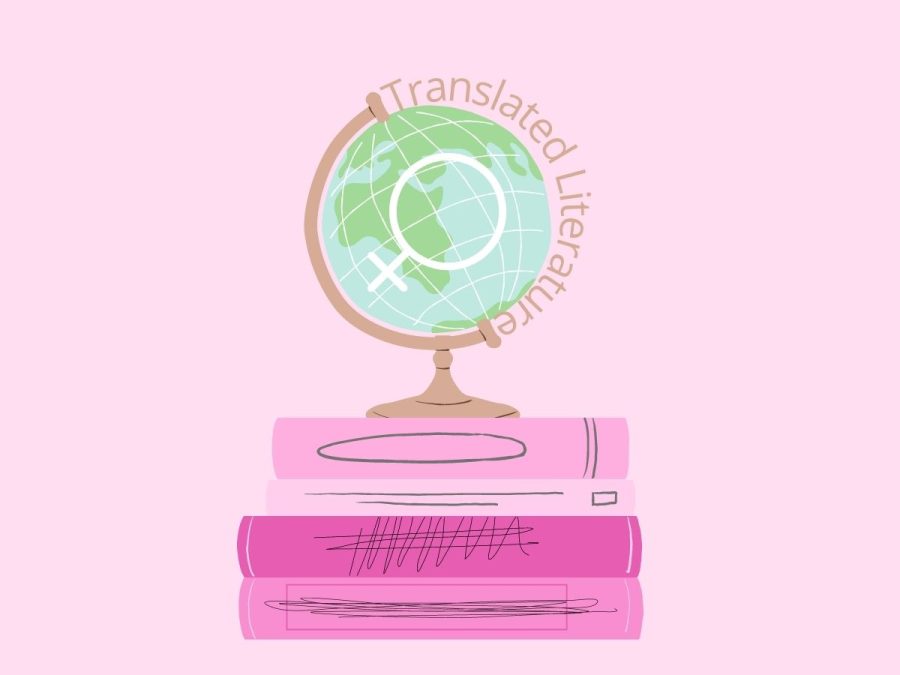Reading translated literature is more important than ever
Reading translated literature spreads the voices of a variety of people and is a pathway to self-education.
Known to only a fraction of students, Aug. serves as Woman in Translation Month for the literary world. The purpose of this celebratory month is to elevate the international stories of women as well as the transgender, intersex, and non-binary communities. Although Aug. itself has ended, the significance of consuming translated work is essential for today’s society.
Since its introduction into the literary community, translated literature has dispersed the voices and experiences of various cultures worldwide, spanning over all genres and audiences. While these stories can be read for enjoyment, reading is also a pathway to self-education. When asked about diverse narratives, Librarian Amy Madzinski emphasized their importance.
“I think [there] is so much to be learned by consuming material that is not of our experience,” Madzinski said.
Madzinski furthered this notion by explaining that empathy can be attained through the words of others, which may be a catalyst for kindness and peace.
Absorbing translated literature builds the foundation for a better tomorrow, but it also broadens the horizons of its readers. A study done by the New York Times, which surveyed over 17,000 American books, found that 89% were written by white authors. Likewise, according to the data from Rochester University, approximately three percent of books published in the United States are translated. Without a multitude of diverse and international authors available to the public, representation is lost and perspectives are silenced. By seeking worldwide stories, the goal is to influence change in a predominantly white system, as well as garner a more holistic understanding of the world.
A lack of translated children’s books from Latin American countries inspired Yael Berstein to found Tapioca Stories, according to Words Without Borders. The New York based publishing house spotlights narratives from Latin American authors as well as illustrators. The Invisibles by Alcides Villaça and Andrés Sandoral is one of their multiple children’s publications, which make diverse books accessible for younger readers.
The Metea Valley Library has a selection of translated literature, as well as books in alternative languages to borrow. Madzinski recommends looking for lists and suggestions if you are searching for an introduction to translated works.





Dylan Hatten • Sep 2, 2022 at 7:43 am
It’s scary how little diversity we have in the literature world. Hearing from all the same voices is a pathway to only taking those words as truth. If we’re able to expand our knowledge of cultures, experiences, and whatever we wish to pursue interest in, then we’ll be a lot more insightful and accepting as a whole.